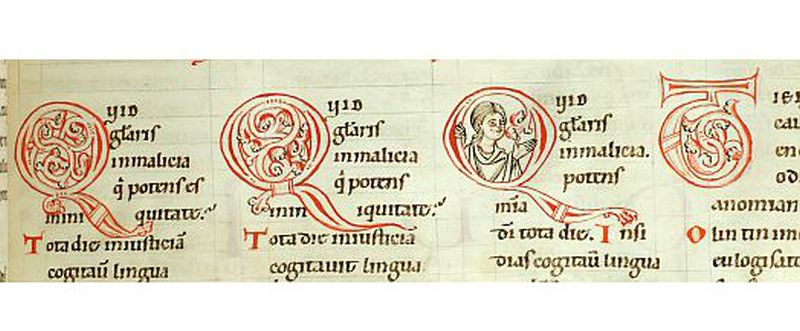Das Grazer FWF-Projekt „Gottes Liebe und Gericht im Spruchevangelium Q – Rekonstruktion und Interpretation“ (2014–2017) lädt zu einer Tagung zum Gebet in Q ein.
Die Tagung beginnt am Donnerstag, dem 23. März 2017, um 9:30 Uhr und endet am Samstag, dem 25. März 2017, um 13:30 Uhr. Sie wird an der Katholisch-Theologischen Fakultät der Karl-Franzens-Universität Graz stattfinden.
Das Gebet hat in Q eine besondere Bedeutung, die in der Grazer Tagung genauer untersucht werden soll.
Das wichtigste Gebet der Christenheit, das Vater Unser, ist im Spruchevangelium Q überliefert (Q 11,2b-4). Der darauffolgende Kommentar in Q betont die Gewissheit, dass der väterliche Gott die Bitten an ihn erhört (Q 11,9-13). In Q 4,8 weist Jesus den Teufel mit einem Deuteronomium-Zitat zurück: „Den Herrn, deinen Gott, sollst du anbeten (proskynéō).“ Im Kontext des Feindesliebe-Gebotes ruft Jesus in Q 6,28 dazu auf, für die zu beten, unter deren Verfolgung man leidet. Am Beginn der Aussendungsrede steht der Aufruf, den „Herrn der Ernte“ zu bitten, dass er „Arbeiter“ in seine Ernte hinausschicke (Q 10,2). In Q 10,21 wird ein Lobgebet Jesu an den „Vater, Herr des Himmels und der Erde“ wiedergegeben.
Im Zentrum der Tagung steht die Frage, welches eigene Profil das Gebet in Q im Vergleich mit seinen frühjüdischen Kontexten erhält. In engem Zusammenhang damit stehen die Fragen nach der historischen, sozialen und rhetorischen Bedeutung der Gebets-Texte in Q sowie nach deren frühen Rezeption.
Das gedruckte Programm finden Sie hier.
The FWF-funded project “God’s Love and Judgment in the Sayings Gospel Q – Reconstruction and Interpretation” (Graz 2014–2017) invites you to a conference on prayer in Q.
The conference will begin on Thursday, 23 March 2017 at 9:30 am and will end on Saturday, 25 March 2017 at 1:30 pm. It will take place at the Catholic Theological Department of the Karl-Franzens-Universität Graz.
The special importance of prayer in Q will be studied in detail at the conference in Graz.
The most important Christian prayer, the Lord's Prayer, has been handed down in the Sayings Gospel Q (Q 11:2b-4). The subsequent commentary in Q emphasizes the certainty that the fatherly God will answer petitions made to him (Q 11:9-13). In Q 4:8 Jesus rebuffs the devil with a quotation from Deuteronomy: "Bow down (proskynéō) to the Lord your God." In the context of the commandment to love one's enemies, in Q 6:28 Jesus commands his hearers to pray for their persecutors. At the beginning of the missionary discourse, the addressees are called to ask the "Lord of the harvest" to dispatch "workers" into his harvest (Q 10:2). In Q 10:21, Jesus prays to the "Father, Lord of heaven and earth".
The central question of the conference is whether the profile which prayer receives in Q is distinctive in comparison with its early Jewish contexts. In close connection to this issue the historical, social and rhetorical meaning of the prayer texts in Q will be studied as well as their early reception.
The printed program can be downloaded here.
